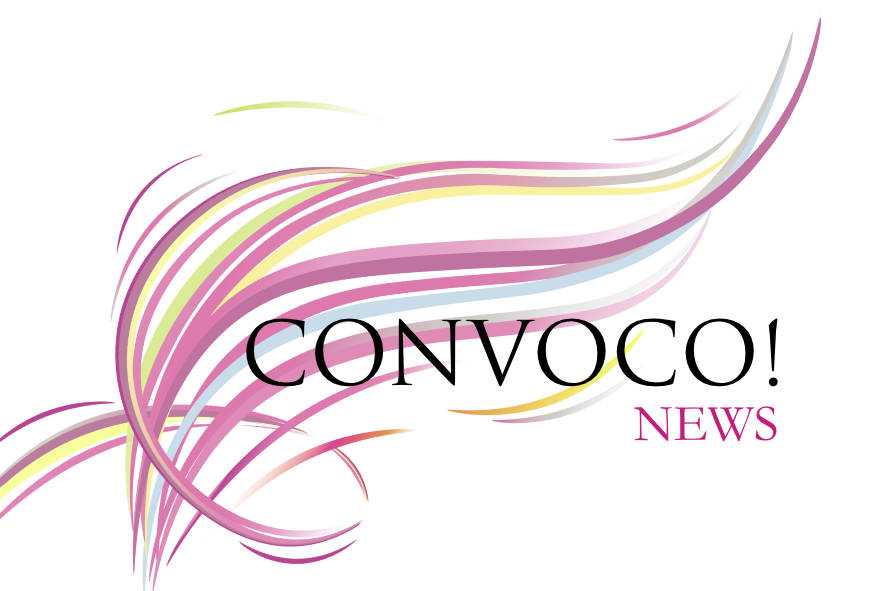“Liberty cannot be preserved without a general knowledge among the people.”
Founding Father John Adams at the birth of the American republic
Education has to be the basis for a healthy working democracy. Knowledge is the key for the electorate to be able to make informed decisions. You might be interested in the following thoughts of two great Convoco Alumni.
Educated people are more likely to vote
One good sign is that the best educated part of the electorate is becoming increasingly politically engaged. People with a higher education degree were only 2.2% more likely to vote in the 1987 British general election, but 4.8% in 1997, 6.3% in 2001 and 7.5% in 2005. 2016 Research
“Nudging” can’t replace educating
Libertarian paternalists think they have to steer our behavior and influence our decisions with “nudges”. “Nudges” are a tool for influencing without using incentives, enforcing behavior, or taking choices away. “Nudging,” if used sensibly, can help people make individual choices that also serve the common good. However, industries spend billions on nudging people into unhealthy behavior. The psychologist Gerd Gigerenzer states that instead of “nudging” one should educate people. There is evidence that anybody can learn to deal with risk and uncertainty. Teaching statistical and heuristic thinking, the maths of uncertainty, and judgments about its limits and possibilities is a more enduring solution.
This is particularly relevant in the digital world, as is evident in Google’s search results, where subtle “nudges” are surreptitiously at work. Two people performing the same search don’t get the same results. By providing personalized rank orders, search engines make us see what the search engine thinks we want to see. Users are steered into personalized bubbles where it is unlikely that they will encounter diverging points of view. They thus become trapped in what Eli Pariser calls a “filter bubble.” Facebook’s provision of news to its users during the US election is a case in point. The Washington Post’s “Red Feed and Blue Feed” experiment shows the completely antithetical coverage you’d get if you had a generically Democratic or Republican Facebook feed.
Bursting bubbles
“Filter bubbles” and the groups they create can be a danger to democracy. In order for individuals to cement their place in the group they need to intensify their own commitment. In this online world, the more you talk about something, the more that issue defines you and the more intense your feeling about it gets. In the worst case these filter bubbles become one of the prime recruitment techniques used by extremist organizations.
Freedom of speech under threat
While a growing number of students on American and English university campuses think that diversity is more important than free speech and therefore campaign to restrict freedom of expression, the Oxford historian Timothy Garton Ash makes the point that true diversity demands freedom of speech. Only if free speech is guaranteed we can understand what it means to be the other. “We must therefore foster freedom of expression,” argues Garton Ash, “within a framework of robust civility.”

